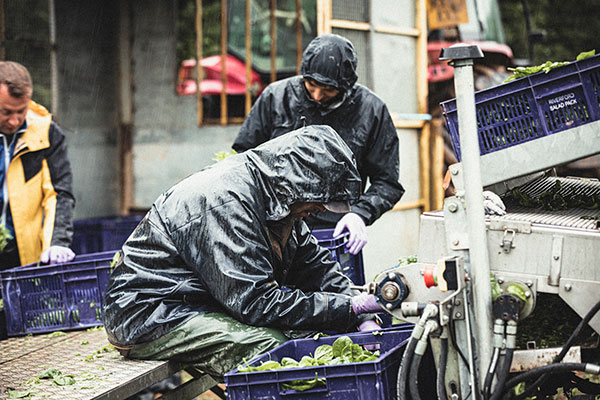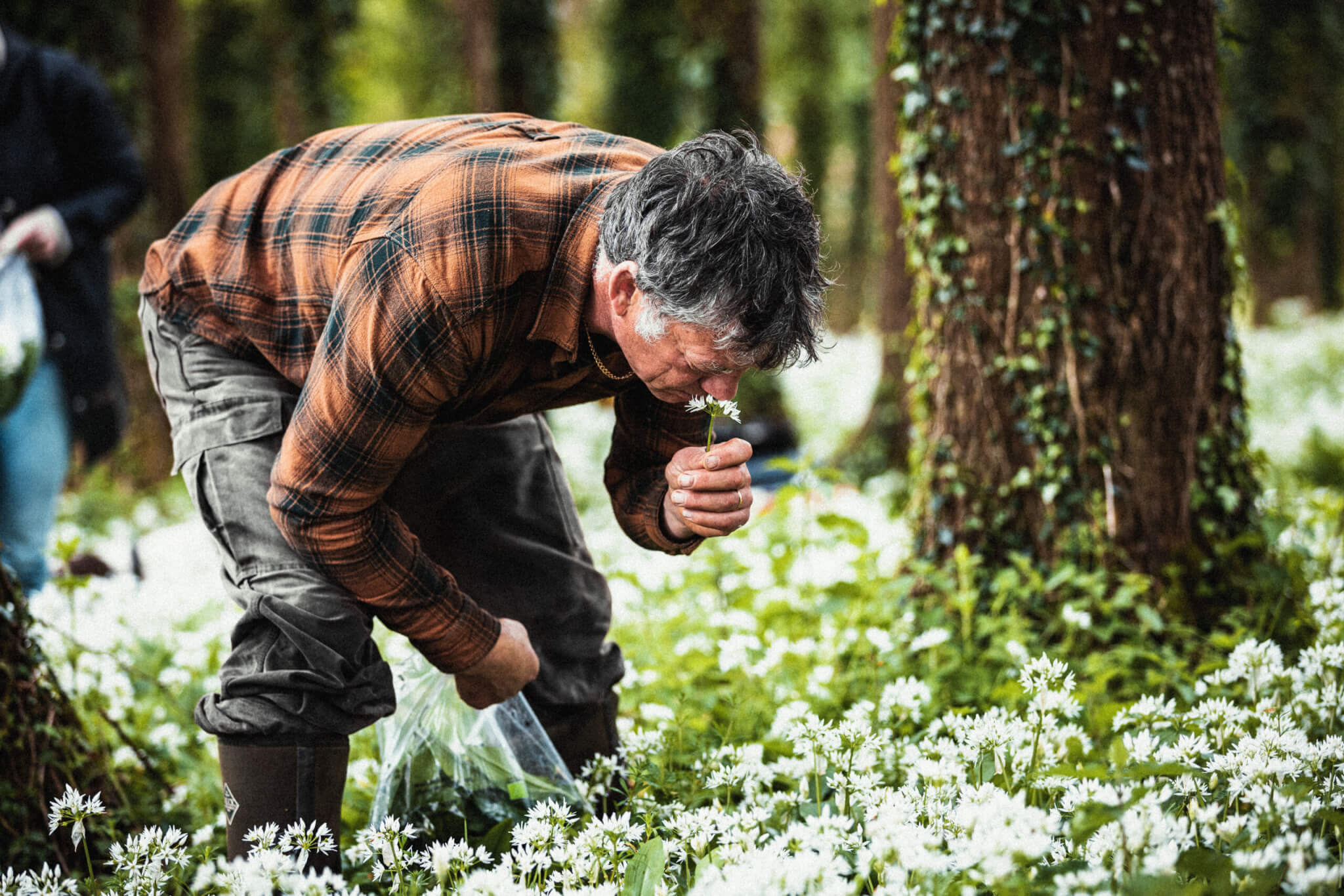We all know that being in nature is good for both our physical and our mental health. Research has shown that walking in Central Park in New York reduces stress by lowering blood pressure and heart rates. Having view of a tree from a hospital bed helps recovery time, and even a picture of a tree while sitting in a dentist chair lowers the amount of pain relief required.
Farmers in the UK, however, have one of the highest rates of suicide and depression in all of the professions, only topped by dentists.
The common explanation is that farmers are suffering from high stress levels triggered by living rural and isolated lives, working long hours, for low pay and without control of their environment or working conditions. This is coupled with access to the means of killing themselves, such guns, pesticides, machinery or barns.
This was the research question for my Master’s degree dissertation: if farmers are working in nature, then why do the benefits that we know from the study of eco-psychology, not counteract the stresses of life as a farmer?
There are plenty of other cohorts of people who also suffer from stressful lives with low incomes and high workloads, living in urban situations, but with lower suicide rates.

I did a small study on three farms comparing the biodiversity, the cultural connections and the wellbeing of the farm workers on an industrial farm, an organic agroforestry farm and the halfway house of a LEAF farm. LEAF is a sustainability certification where farmers may use some industrial practices but have large margins for nature and wildlife.
To put this in a geographical context, in East Anglia where I did this research, the majority of farms and fields are huge, with most trees ripped out and wheat or grain crops planted right up to the edge of the road. They are sprayed with herbicides so there are no weeds, and few insects and birds.
During harvest time, workers on these farms are often sitting in an air-conditioned tractor cab all day on their own. The crops are collected from the farm and shipped sent into a industrialised processing system, destination unknown.
In contrast, you turn the corner into Wakelyns, a hub of organic farms and a model for agroforestry, which is full of trees, varied crops, people, insects and birds.
It came as no surprise that the organic farm was the most multifunctional, with the highest levels of natural, social and human capital of all three farms. It supported more biodiversity and produced fewer net carbon emissions. It was the most socially connected and had the highest amount of variation in skill levels and happiness.
It also had the highest levels of cultural networks and was less physically isolated, while farm workers had good scores for mental health and a greater sense of wellbeing.
From my small research project, but also having working for decades in sustainable farming, I have witnessed a direct correlation between the mindset of someone who works in a sustainable or organic farm or market, and their mental health.
It’s a mindset that means they can work with a ‘little bit of wildness’ and appreciate nature, they don’t mind if their vegetables are a bit wonky, which allows them to be organic farmers, and in turn rewards them with good levels of mental health.
Environmentalists Vandanah Shiva and Helena Norberg Hodge have observed and written extensively about the huge rise in farmers suicide rates in India as their system of agriculture industrialised, summing up the issue neatly:
“Farming practiced as a mechanistic and reductionist practise has led to a suicide epidemic,” they wrote. “Farming as a holistic connected practice, linked to natural rhythms, supported by social networks and supporting other non-human nature, is psychologically beneficial to the farmer and all for those linked to the farm.”
The importance of the correlation between the wellbeing of biodiversity, land, food, the customers and the workers, as Jules Pretty points out in his book Agri-culture, suggests that there is a correlation between human capital, social capital and natural capital.
There is a link between the sustainability (or you could say the wellbeing) of a farming system and the wellbeing of its community and its workers. What is good for one, is good for all of them.















thanks, that’s very interesting. Is the study going to be published?